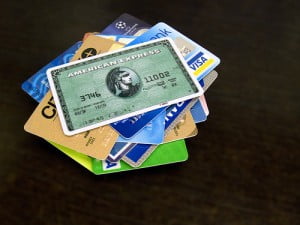
Being Sued by a Credit Card Company?
Being sued for credit card debt makes many consumers nervous about dealing with the situation. The issue becomes more complicated if you’re unsure if the debt is really yours or you can’t afford to pay it. While creditors should be able to provide proof related to their claim, there are several actions consumers should consider when dealing with a debt lawsuit.
Upon receiving notice of a lawsuit being filed against you, check the statute of limitations for the state you live in. This gives an idea of whether or not the company suing is looking to collect within the time limit for the debt in question. If the limitation has expired, this may be grounds for the lawsuit to be dismissed. Creditors often ignore limitations since many consumers aren’t aware they’ve passed or don’t know to check them.
Ask to have debt validated. Consumers have a right to verify debt collectors and their intentions including requesting information regarding the debt. You may request to have all information reviewed, including your name, Social Security number and address with what is on record with the credit card application. Validating the debt includes getting information about when the account was opened, last payment made and the amount due. If the creditor isn’t able to produce this information as well, it could be used in your favor in court.
Any information presented by the credit card company should be thoroughly reviewed for accuracy. If a date is scheduled, make an effort to attend or submit an answer to the court. Failing to show may result in a default judgment that could lead to wage garnishment . Questions and concerns should be review with a legal professional.